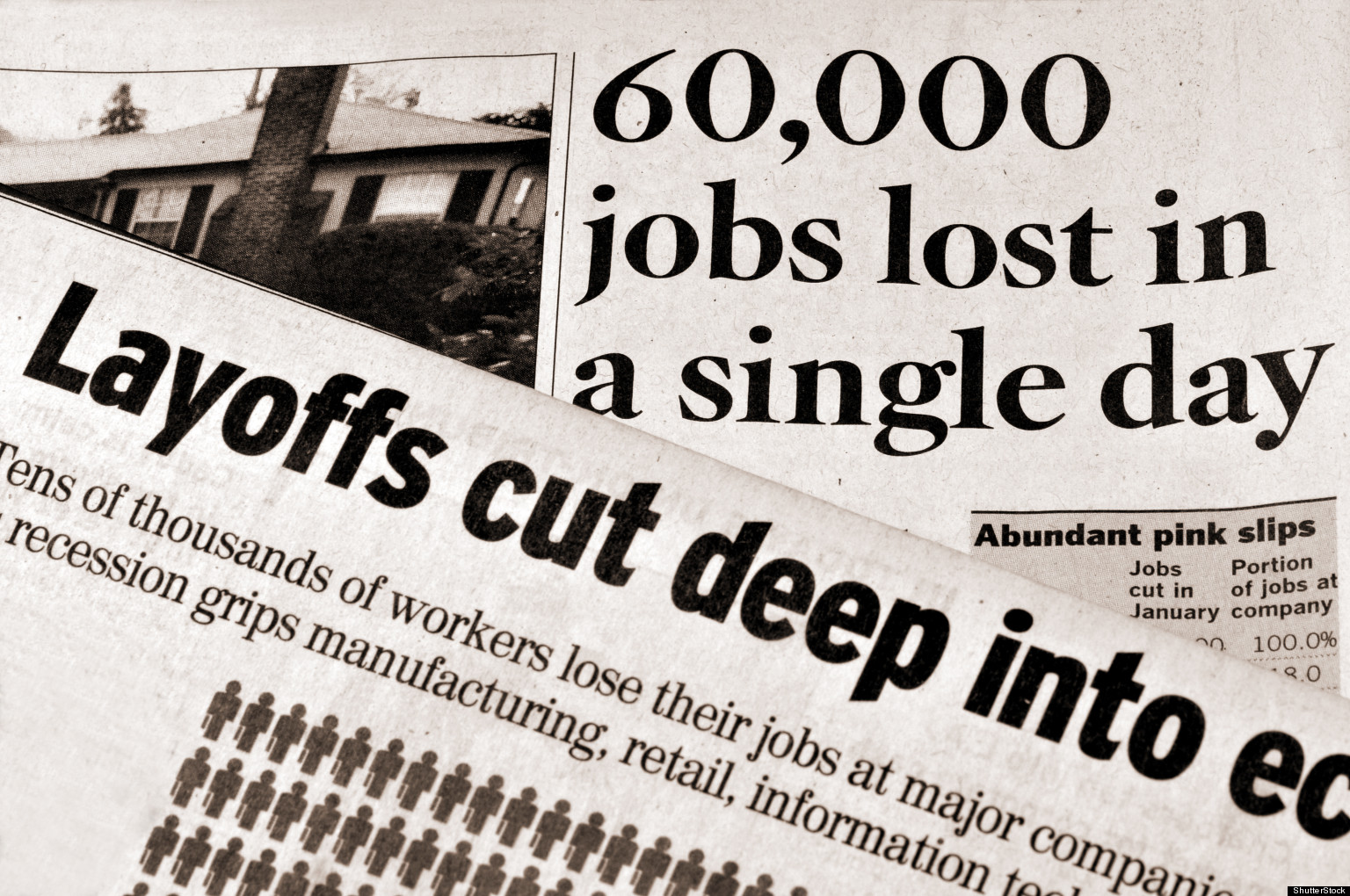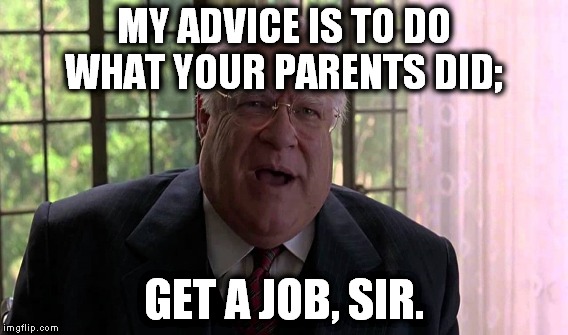Recession-proof yourself
There are three sure things in life: death, taxes, and recessions.
Just as investors can take steps to prepare themselves for a recession, so can corporate employees. The more time you take to prepare, the better the position you’ll be in when things get ugly.
I’ve put together a list of steps to help you get started. (None of the links in this article are affiliate links.)
Don’t get fired in the first place
Well, duh. As obvious as it is, some people seem to outright ask for it. When the time for layoffs comes, emotions influence decisions as much as hard numbers. The closer to the decision-makers you are, the smaller the risk to you will be. If they appreciate and like you, that is. Have any doubts about where you stand with this? That would be cause for concern and immediate corrective action.
Try to raise your contribution as much as possible and make sure that your value is understood. Overdeliver. Be a team player, don’t make enemies, and mend broken relationships. Be a leader: support, guide, and energize others. Even, or most especially, if that’s not in your job description. Offer unsolicited thoughts on how to prepare the company for recession. Inside and outside your domain. Work hard to add value. Achieve a breakthrough.
To make smart moves, you need to know what’s up. Keep your ear to the ground. Executive assistants and HR people are great conduits for critical information. Cultivating the right ones over the years will aid you in amplifying the effects of your efforts.

Forge a role for yourself in our brave new AI-driven world
A guy on Twitter I follow recently wrote: "AI will not replace you. A person using AI will."
If you've played around with ChatGPT, you know that it's for real this time. It's happening right now. It's no longer tomorrow. It's today. It's changing our lives more fundamentally than the Internet has. Tons of jobs will be lost, including among educated professionals and executives. But also, tons of jobs will be created.
As a corporate professional or executive, you can no longer afford to ignore this. But this isn't just about dealing with risk. This is also an opportunity to step up as a leader in your organization. It's an opportunity to make yourself (even more) indispensable and thus secure your job.
If your company hasn't invested in your education in this field yet, here are some places to get started. Several top universities offer non-technical introductions to AI. Harvard currently has these two: "Artificial Intelligence in Business: Creating Value with Machine Learning" and "Competing in the Age of AI—Virtual". Microsoft has partnered with INSEAD to create the AI Business School. Microsoft also offers more hands-on content like its "AI for Beginners" and its "Introduction to AI for Business Users". There are quite a few similar offerings from other players in the space. They include IBM's "Introduction to Artificial Intelligence" and "AI For Everyone" by DeepLearning.Ai.
The important thing is to no longer wait. Take action now. Forge a role for yourself in this brave new world now or have it imposed on you shortly.

Au contraire: Get a (new) job, sir!
Pretty sure your head will be on the chopping block when push comes to shove? Your best move may lie in the opposite direction: get out on your own terms! Move into an industry that will stay stable in a recession and continue to grow afterward. Such industries are either linked to inelastic demand and/or to government contracts. They include:
Medical and senior care
Education
Groceries
Utilities
Mass transit
IT security
Defense
You may have no experience in any of these. But companies in all these industries need managers and executives. In sales and marketing, finance and accounting, IT and HR. You may or may not have to accept a temporary step down to learn the ropes.
If you happen to be out of a job already, you can try offering yourself as a volunteer or intern. It's a good way to get a feel for the industry of your choice.

Network, network, network
Even if you think you’re quite safe in your employment, there is no harm in cranking up the networking. It’s the best way to learn what’s hot and what’s not. Get your résumé and LinkedIn profile in shape, then reach out to those headhunters. Cultivating a hand-picked group of recruiters and interviewing with other companies even when you feel safe in your job are good career advancement practices. It's not just about risk management. It's also about not missing out on life-changing opportunities.
Get your finances in order
Reduce debt. Build cash reserves. Until you’ve got enough cash saved up, cancel all unnecessary expenses. Including vacations, new cars, etc. If you have investments, shift them to a defensive posture, possibly with an emphasis on income-paying stocks. If you’ve overburdened yourself with a large mortgage on a home, dump it while there’s still healthy demand for houses. This may be the most emotionally challenging thing to do but also the smartest.
Start a second income stream
For workaholics with entrepreneurial instincts among us, this can be a rewarding alternative to a change in jobs or employers. A “side hustle” that generates a few hundred bucks a month and can be scaled to thousands is ideal. It will take hard work and ingenuity. The good news is that the Internet makes it possible to do it all from home. And to acquire the needed skills and tools for free or for very little money. I've found the following useful myself when starting The CareerZeus:
Digital marketing education (see also here)
You could begin by working on a business plan and a roadmap for acquiring the skills you'll need before going live. This has the advantage of not immediately exposing you to commercial pressures that compete with your full-time job. At the same time, you'll have something to fall back on, should the recession indeed cost you your job.

Prepare mentally, emotionally and physically
A recession is an opportunity to set your life on a new trajectory. Get ready for the change and embrace it. Anticipate and plan. Be positive. Help others. Take care of yourself. Exercise can ward off depression and energize you. Instead of getting sick – which is what happens to many who get laid off – get healthy! Most importantly, build support among your family for the steps you plan on taking. This, by the way, is also a great way to teach your kids an invaluable life skill.
I wish you fruitful preparations and a constructive recession ahead!
